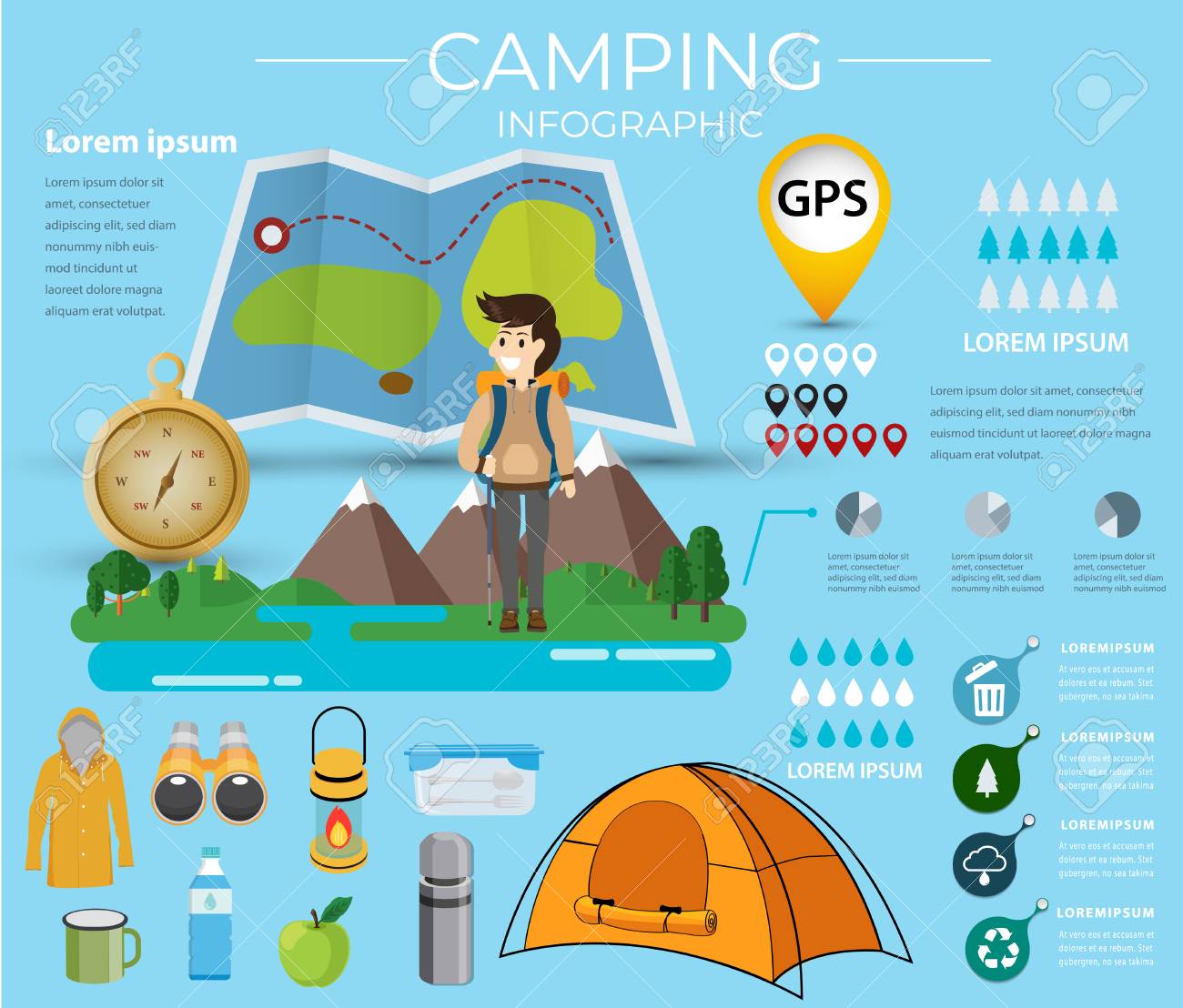Picking the right framework material is vital for occasion camping tents. Whether it's covered steel for budget outdoors tents or anodized aluminum for sturdy applications, there are numerous considerations to remember.
Steel frameworks are common in lower-priced pop-up camping tents yet are prone to rust despite having finishings and call for routine upkeep. Aluminum is light-weight, naturally withstands corrosion, and holds up well in damp or coastal atmospheres.
Steel
When it involves guaranteeing the durability of customized outdoors tents, the material utilized in their frames plays an essential duty. Steel and aluminum alloys both use costs resilience, yet each offers distinct advantages that make it appropriate for different sorts of environments. Steel is suitable for rugged conditions, while light weight aluminum master resisting rust and minimizing maintenance costs.
When occasion hosts pick the right camping tent for their demands, they need to think about aspects like anticipated weather conditions. For instance, structure tents typically do much better in windy or stormy conditions than post outdoors tents because they don't count on a main pole to support the framework. Nonetheless, the links between framework items can damage in high stress circumstances. Determining these weak points and performing routine assessments can aid avoid potential damage.
Steel frameworks are tough to reduce, weld or shape, which can require specialized tools and enhance labor expenses. On top of that, they often tend to rust or corrode quickly and might require added defense or coatings. Additionally, steel is extremely heavy and can trigger concerns when moving a canopy. It's also challenging to keep for extended periods of time since it occupies extra room than aluminum frames.
Aluminum
Aluminum is a popular frame material for canopy camping tents since it's lightweight, rust-resistant, and simple to deliver and establish. It additionally gives a more stable shelter during gusty problems than steel structures. Light weight aluminum is much less prone to tearing and any damage can be quickly fixed, lengthening the life of the outdoor tents. It also breathes to decrease condensation and uses remarkable acoustic insulation to wet outdoors sound.
The durability of aluminum frame camping tents is better enhanced by the all-natural oxidation homes of the metal. It produces a compact oxide layer that secures the surface from deterioration and stains. Therefore, the longevity of a light weight aluminum appear tent can be boosted even better when the framework is anodized.
Plated aluminum is more powerful than steel and can stand up to high wind speeds. On top of that, the finish resists deterioration and spots, extending the life expectancy of the tent. In addition, anodized light weight aluminum is recyclable and lasting, making it optimal for organizations seeking LEED qualification. The combination of these homes makes light weight aluminum a much more cost-efficient option than steel for big, sturdy tents, such as those utilized to suit commercial tools and stockroom inventory. Steel, on the other hand, is much more expensive due to the fact that it calls for expensive alloys such as nitrogen, molybdenum, and chromium to enhance stamina.
Iron
Iron framework outdoors tents typically last up to 15 years if the appropriate treatment and upkeep is applied. This includes routinely cleaning textile and evaluating steel elements for corrosion and wear. By taking these measures, occasion hosts can make best use of the integrity of their frameworks and ensure their continued efficiency in difficult atmospheres.
Steel is a perfect material for creating long lasting camping tents, particularly for use in rough weather. It is a strong, tough, and cost effective material that supplies security and resilience for a variety of applications. Nevertheless, steel is prone to rusting in humid and seaside environments. The enhancement of protective coatings and normal maintenance can aid to reduce this threat, however these wall tent efforts boost overall upkeep expenses.
On the other hand, aluminum is an extra long lasting choice for a custom-made tent as a result of its natural oxidation buildings. When anodized, light weight aluminum ends up being super-strong and approximately three times tougher than conventional aluminum alloys. This makes anodized light weight aluminum the second-hardest compound alongside diamond (satellites, airplane, and military lorries all utilize anodized light weight aluminum). In addition to its toughness, anodized light weight aluminum is also a lot more resistant to rust than steel. These variables make aluminum a superb choice for turn up canopy camping tents and add to their ability to lug longer warranties (5, 7, and also life time frame guarantees). Additionally, aluminum is 1/3 the weight of steel permitting a much thinner frame style for even more personalization alternatives and increased stamina.
